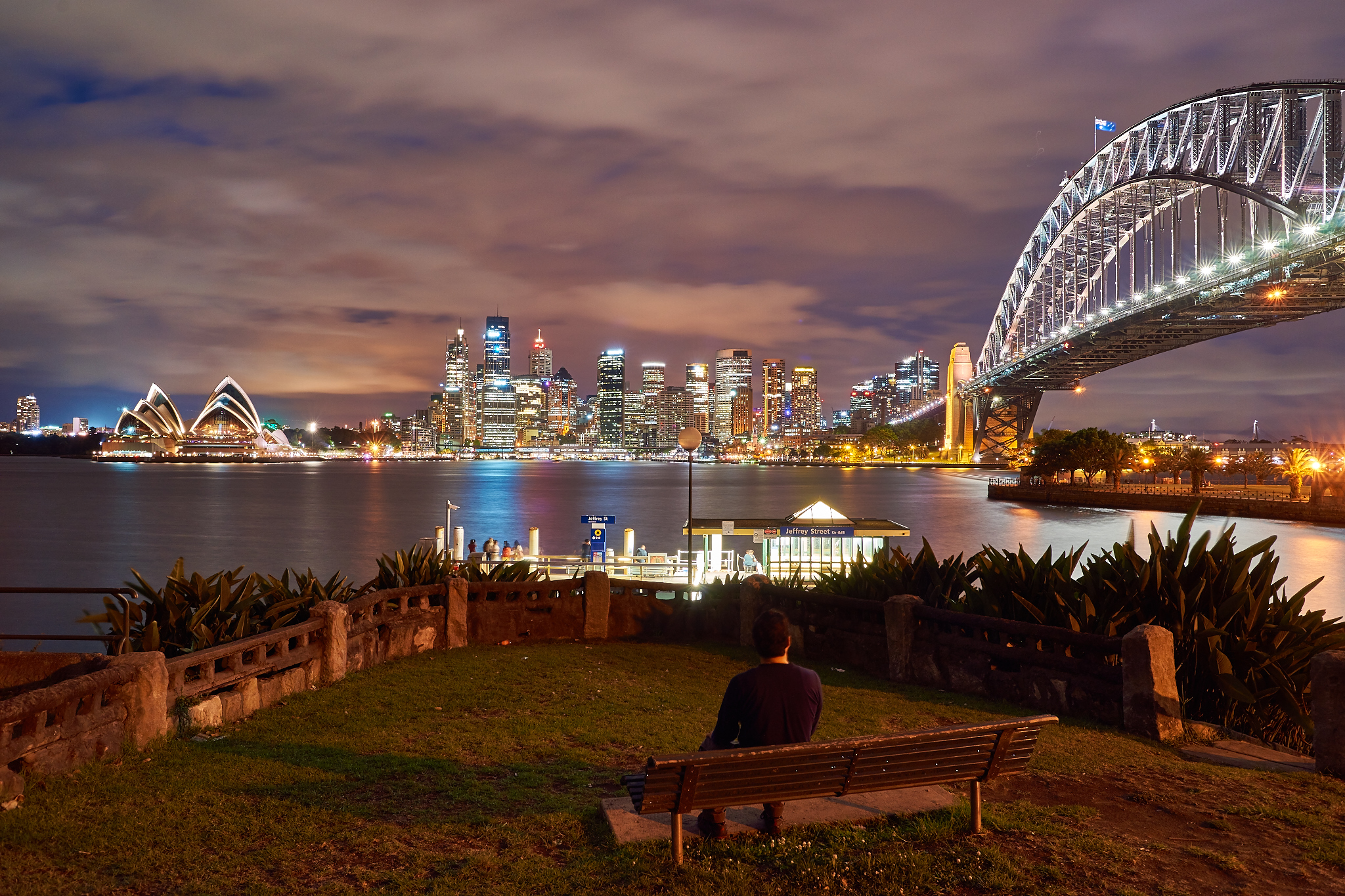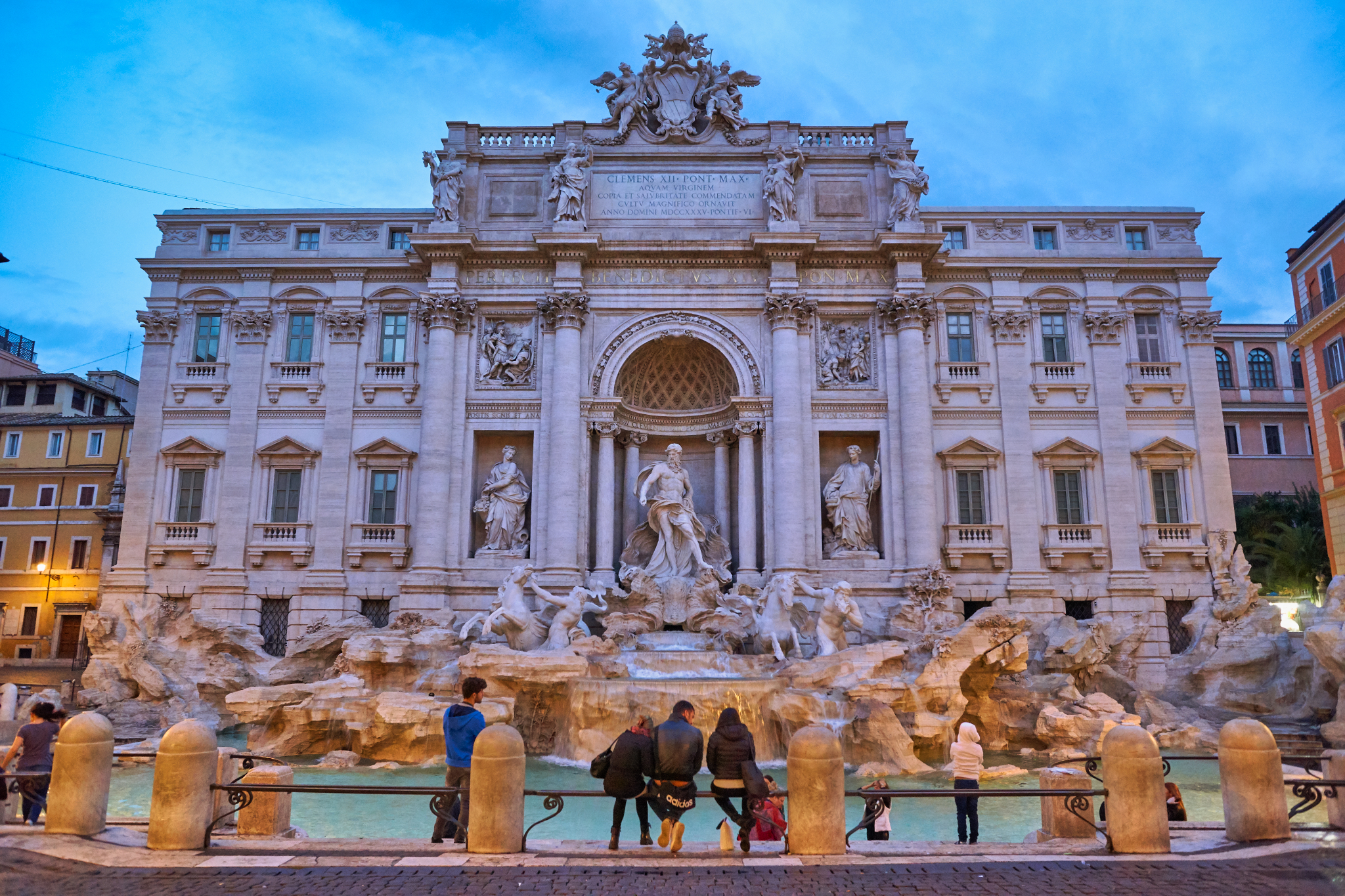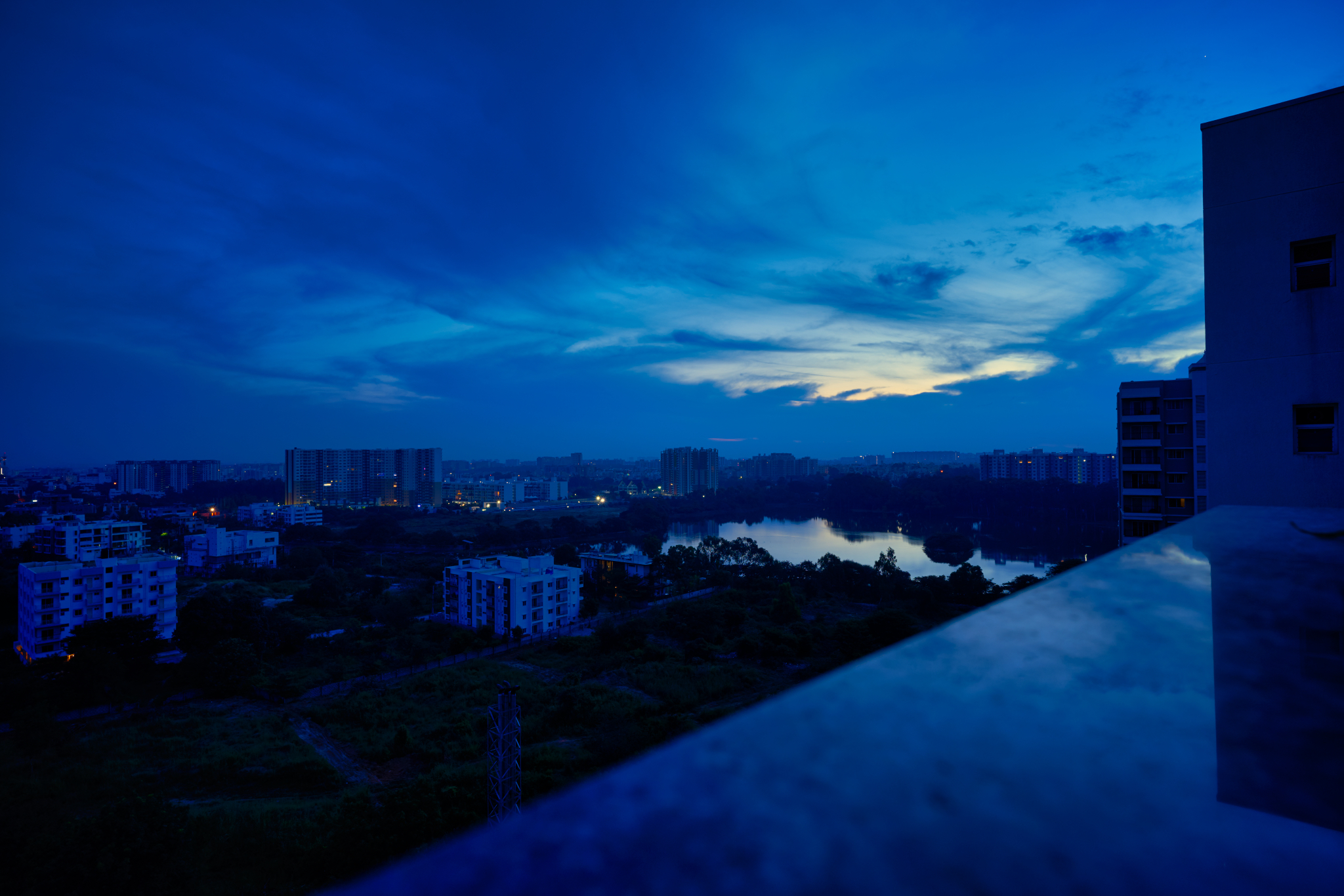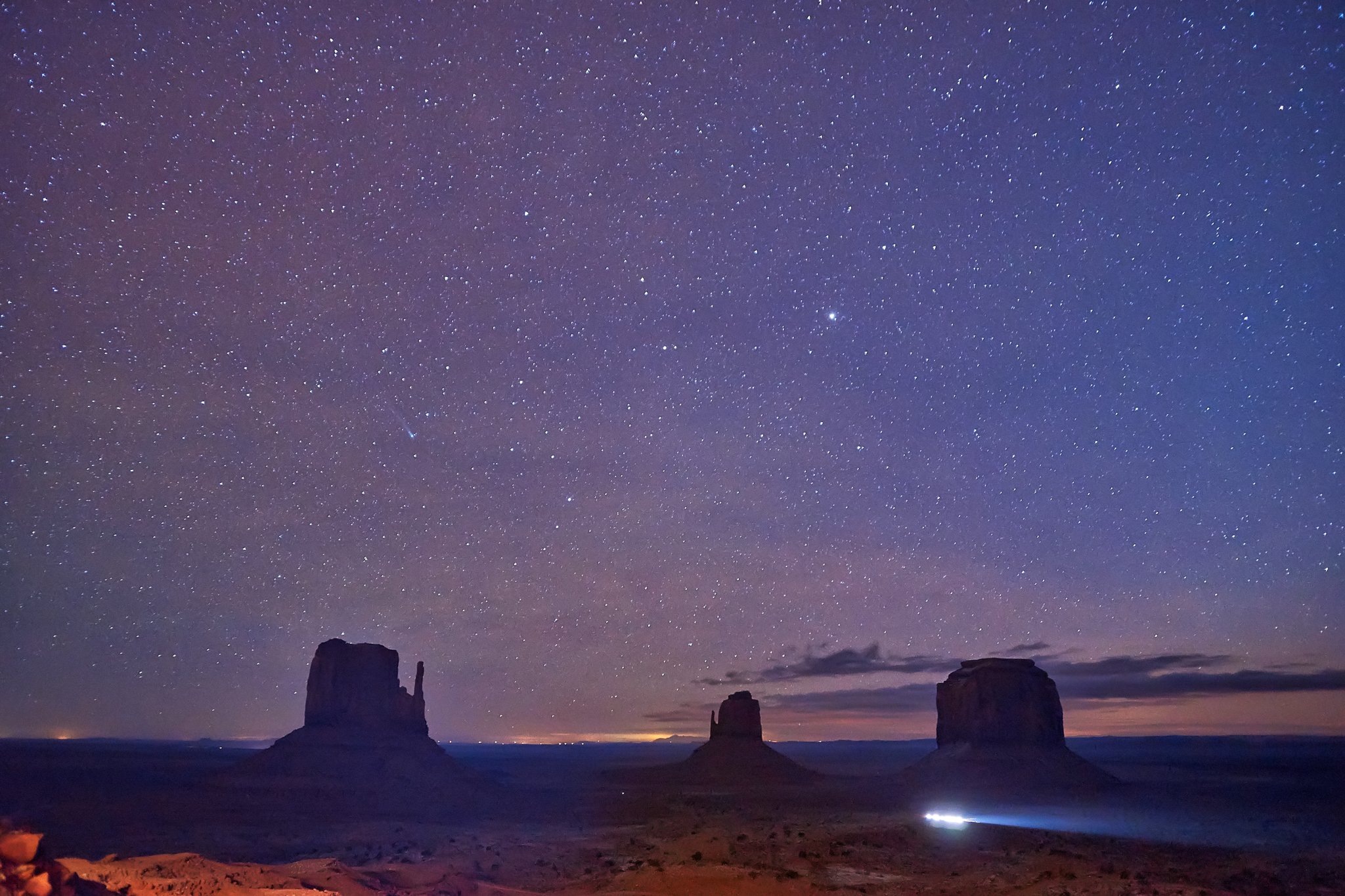I’m writing this blog at a time when the world is gripped with fear and panic. Coronavirus COVID-19 has engulfed the world with over a million people already infected. Although the fatality rate is much less than most chronic and communicable diseases, it has caused widespread fear and panic in the hearts and minds of common people, businesses, and governments.
worst of times?
“The two most powerful warriors are patience and time.”
— Leo Tolstoy, War and Peace
A third of the global population is on lockdown. Economic activity has almost come to a standstill. And the world has already entered into a recession. Conspiracy theories of who is responsible for the virus getting out in the open are spreading like wildfire. People are struggling to deal with isolation. Old structures seem to be breaking down like a house of cards.
Apparently it might seem that we are living in the worst of times. A global pandemic, extreme volatility in the stock markets, and an economic collapse that is causing millions of people to lose their jobs. However, every crisis comes with an opportunity … an opportunity that is only available for those who seek, persevere, and have patience.
neural binding
“The genetic you and the neural you aren’t alternatives to the conscious you. They are its foundations.”
— Paul Bloom
Imagine yourself as being a soccer player who took a shot at the goal. The act of kicking the ball resulted in three sensory inputs to the brain. The light waves striking the retina, the sound waves striking the eardrum, and the tactile sensation of you striking the ball. The speed at which each of these inputs reach your brain are vastly different … the light waves being the fastest, followed by the sound waves, and then the tactile sensation. Your brain is then responsible for binding these discrete inputs into an experience of reality for you … a reality where you might or might not have scored a goal. This binding is what creates consciousness.
enemy within
“The only way we can change our lives is to change our energy — to change the electromagnetic field we are constantly broadcasting. In other words, to change our state of being, we have to change how we think and how we feel.”
— Joe Dispenza
Now imagine that one of the inputs failed to reach the brain! Will you still have the same experience? Or for that matter what if you could also taste the experience? Is it how they say that the taste of success is sweet and that of failure is bitter? Now, it seems we are tasting the bitter times … global pandemic, recession, and unemployment. The threat of the virus, conspiracy theories, and an infodemic is causing our minds to scatter with fear, panic, and anxiety. There is a lot more negativity affecting our neural bindings and thereby our consciousness.
inward journey
“Can you accept the notion that once you change your internal state, you don’t need the external world to provide you with a reason to feel joy, gratitude, appreciation, or any other elevated emotion?”
— Joe Dispenza
So how do we pick up the pieces of our minds? How do we transform our overwhelming experience of negativity to that of blissful positivity? How do we make peace with the fact that thousands of people may die of the virus … and many more may die of hunger (due to lockdown) and other diseases (due to an overwhelmed healthcare system).
There are no easy answers. The world as we know it has changed. The new reality is here. We have to make peace with it … and move forward. However, there is no silver bullet for finding peace. There could be as many ways as the number of people on this pale blue dot. However, I believe there are some universal truths that govern our lives. We can’t expect to find peace if we are operating from a depressed or anxious state of mind. I think, whatever maybe the situation, we can find peace if we travel inward … mindfully.
mindfulness
“Walk as if you are kissing the Earth with your feet.”
— Thich Nhat Hanh
I’m a big believer in attaining the state of mindfulness through meditation. Meditation, without a doubt, has been the most transformative experience of my life. It helps me cut through my ego barrier—the subliminal defense mechanisms that makes it hard for me to accept my mistakes and weaknesses—and work toward my Ikigai i.e. a purpose to live for. As I continue to practice meditation, I feel a state of blissfulness percolate through my state of being. I feel the same bliss during my morning runs … when the sun comes up with a riot of colors. I feel it during my headstand … as the blood rushes to my brain. I feel it while simply observing my breath … as my mind focuses on the present. I feel it while chanting a mantra … as its resonance helps me transcend to a primordial state of calmness.
Breath work is a great way to focus your mind on the present. The mind can focus only on one thing at a time. As you start observing your breath, the mind is compelled to let go of past laurels or the thoughts of a future riddled with fear. At that point only the breath remains … and then there is no choice but to feel grateful for the life you have!
Mantras, like meditation and breath work, are also a great way to activate the parasympathetic nervous system (rest and digest system). Mantras help in increasing Heart Rate Variability (HRV) that effectively strengthens and balances our autonomic nervous system—a state called homeostasis. Homeostasis is essential for survival … if it’s successful, life continues; if not, disaster or death ensues.
Mindfulness—through the practice of meditation, breath work, and mantras—helps us understand the true nature of ecosystems. It helps us observe and experience the true nature of interconnected and interacting systems and organisms including our very own self.
nature of ecosystems
“There is a deep interconnectedness of all life on earth, from the tiniest organisms, to the largest ecosystems, and absolutely between each person.”
— Bryant McGill
The Universe … the Earth … a human being … a plant, all are individual ecosystems. The Universe is a complex combination of interconnected planets, stars, galaxies, and every other form of matter and energy. The Earth is a biological community of 8.7 million species of interacting organisms including 7.7 billion humans. Similarly, a human being is no less than the Universe or the Earth with our gut being host to 200 trillion organisms.
The numbers, complexity, and the interconnectedness are mind-boggling to say the least. Moreover, the Universe is continually expanding, the earth is constantly changing, and humans are evolving over time. Such continuous expansion, change, and evolution are manifestation of the universal creative process. However, an ecosystem can continue to exist in a certain state only if we have balance. The Earth exists in its current state, with 8.7 million species that include 7.7 billion humans, because there is a balance of the five elements. The Earth exists because there’s a balance of the celestial bodies—the sun, the moon, and other planets.
Balance in human beings is maintained by the presence and absence of light. We all know that the Sun gives us energy to move and the Moon (night/darkness) helps us to rest thereby maintaining the balance. Interestingly, two neurotransmitters in the human body has a similar balancing effect—serotonin and melatonin. Serotonin helps modulating cognition, reward, learning, memory, and numerous physiological processes. In other words, it’s essential to keep us active. Melatonin, on the other hand, is a hormone that regulates the sleep–wake cycle. In other words, it’s essential to help us rest.
finding the balance
“The essence of being human is that one does not seek perfection.”
— George Orwell
Just like the Sun and the Moon that help maintain the balance on earth, the sympathetic (fight or flight) and parasympathetic (rest and digest) nervous systems help maintain the balance in the human body. Four key activities are the foundation for finding that balance:
- Mindfulness
- Movement
- Sleep
- Food
Mindfulness is something that I’ve written about at length and it has been the most transformative experience for me. However, mindfulness is only one of the pillars that support good health. Good health is much more than mindfulness … it can only stand when all the four pillars are present.
The human body is designed to move. Daily movement improves muscle mass, muscle strength, bone health, motor coordination, metabolism, gut function, heart health, lung capacity, and enhances brain function. Moreover, movement relaxes the brain and reduces depression and anxiety. In other words, movement helps us survive.
Sleep is the beginning of our biological day, not the end. The human body begins to get ready for the day the night before. Our body goes through a lot of stressors during the day that causes cellular damage. A good night’s sleep makes necessary repairs to the body and helps the brain consolidate memories and send out instructions to prepare for the next day. Poor sleep leads to poor performance which has both short-term and long-term consequences. Only one night of poor sleep causes brain fog and confused thinking. Long-term effects of poor sleep are anxiety, depression, and memory impairment. In other words, good sleep not only helps us survive but improves our quality of life significantly.
Food is information—it has the ability to give directions to our body. The food we eat directly connects to our DNA with the unique ability to turn vital genes on or off. The right kind of information is encoded in local, minimally processed food (probiotic and prebiotic) that nourishes our microbiome. Colorful vegetables, sweet potatoes, yogurt (probiotic), banana (prebiotic), honey (prebiotic), fish (rich in omega-3 and low in mercury) etc. nourishes the microbiome. In other words, consume food that keeps the microbiome happy! And eat moderately … practice Time Restricted Eating (TRE). TRE promotes autophagy—body’s way of cleaning out damaged cells, in order to regenerate newer, healthier cells.
By now you would have realized that finding balance is all about strengthening the four pillars. A balanced lifestyle will help you create a balanced life. A balanced life improves our immune response and reduces our chances of being affected by pathogens. Being a couch potato (lack of movement), binge watching Netflix or using a smartphone late into the night (results in poor sleep and reduces mindfulness), drinking too much alcohol (highly toxic and causes dysbiosis / gut imbalance), smoking (carcinogenic and inflammatory), and/or eating packaged and processed food may break one or more pillars and cause a serious imbalance in your life. Why then?
state of bliss
“Be the change that you wish to see in the world.”
— Mahatma Gandhi
The goal is not to have a perfect life but to have a balanced one. Hence, there is no need to stress over finding a perfect meditation technique, or a perfect exercise regimen, or a perfect diet, or a perfect condition to sleep. You’re better off being mindful about all the four pillars and improving your lifestyle in each of those aspects by setting achievable goals.
Once you find balance, you’ll be happier, smarter, more energetic, and feel younger. You will be filled with positivity. External chaos, hatred, and negativity will stop having any effect on you. You will move on from criticizing others to improving yourself. You’ll fall in love with yourself! You’ll be happy … you’ll be blissful! And when you are happy and blissful only then can you create a world that is happy and blissful.
However, before a complete transformation happens what are the probable near future states of the world?
Orwellian utopia
“We are at heart so profoundly anarchistic that the only form of state we can imagine living in is Utopian; and so cynical that the only Utopia we can believe in is authoritarian.”
— Lionel Trilling
In May 2010, after the 2009 H1N1 pandemic, The Rockefeller Foundation along with Global Business Network published a report titled Scenarios for the Future of Technology and International Development. That report mentioned four possible scenarios:
- Lock Step – A world of tighter top-down government control and more authoritarian leadership, with limited innovation and growing citizen pushback.
- Clever Together – A world in which highly coordinated and successful strategies emerge for addressing both urgent and entrenched worldwide issues.
- Hack Attack – An economically unstable and shock-prone world in which governments weaken, criminals thrive, and dangerous innovations emerge.
- Smart Scramble – An economically depressed world in which individuals and communities develop localized, makeshift solutions to a growing set of problems.
With the global lockdowns in force the “Lock Step” scenario is very much a reality today. Most likely, the world will now experience tighter top-down government control and more authoritarian leadership in the years to come. At first, the notion of a more controlled world may gain wide acceptance and approval. Citizens may willingly give up some of their liberty and privacy in exchange for greater safety and stability. They may be more tolerant, and even eager, for top-down direction and oversight. Global digital IDs could become the only way to access goods and services.
In ancient Rome, dictatorship was resorted to only in times of military, and later internal, crises. The dictator’s term was set at six months, although he customarily laid down his powers as soon as the crisis passed. Modern governments may not be as benevolent as the Roman Republic. National leaders may have more latitude to impose orders in ways they see fit. The new found control and authority may even be used to push political agenda that would have led to strong protests in the past.
a beautiful world
“Our children will one day lead the world, but it is our responsibility to show them that this world can be a beautiful one.”
— Karen A. Baquiran
I can only hope that authority and control is used to create a brave new world. A world where technology is used to make green energy, reduce pollution, improve public healthcare, and eliminate hunger. I hope to see my son live in a beautiful world!
The world has always been beautiful … but we humans haven’t made the right choices all the time. But going forward we need to make all the right choices to get us to an utopia … Orwellian or not!
I leave you with some photos (shot between 2012 and 2019) of the beautiful world that we inhabit. I’m grateful to have traveled and experienced the world in all its glory. Many more places still remain to be explored. Maybe someday …
references
- The Miracle Of Mindfulness, Thich Nhat Hanh
- The Circadian Code, Dr Satchin Panda
- How to Make Disease Disappear, Dr Rangan Chatterjee
- 1984, George Orwell
- Scenarios for the Future of Technology and International Development, The Rockefeller Foundation and GBN



